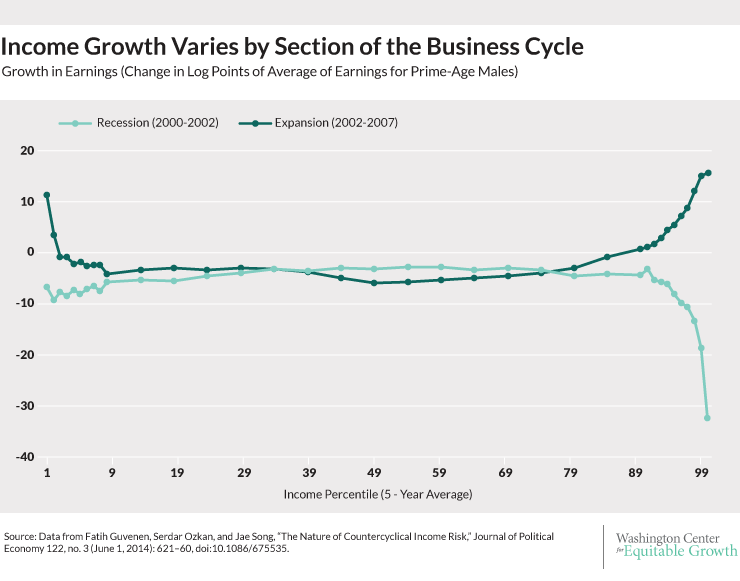Must- and Shall-Reads:
- : Nerds, High Priests, and the State of Economics
- : Why did the WSJ use years-old data to attack Social Security disability?
- : “There was much talk about… African-American values… the root… of America’s poverty problem…. William Julius Wilson… argued… good jobs… went away, and the cultural changes followed…. [We] change[d]… the economy… [so] a large class of white men… los[t] access to good jobs… [and] William Julius Wilson was right. Which makes it remarkable to see people… say… the real problem isn’t money… [but] values.”
- : The Conundrum of Corporation and Nation
- **: “A writing collective about finance and business. Guest posts considered, subject to peer review by our panel of experts”
- : “[In] high-income countries… the official policy approach… assum[es]… growth, financial stability, and debt sustain- ability can be achieved through a mix of austerity and forbearance… do not need… debt restructurings and conversions, higher inflation, capital controls, and other forms of financial repression…. Delays in accepting that desperate times call for desperate measures keeps raising the odds that… this crisis may in the end surpass in severity the depression of the 1930s in a large number of countries…”
- : A Tech Bubble or Just a Mistake?
- : [Fed must raise rates now, warns St. Louis Fed President Bullard
- : A Unicorn Realized? Promising Medicaid ACO Programs Really Exist
-
- : Weekend reading – Washington Center for Equitable Growth:
- Big Government Is Getting In The Way Of Big Data | FiveThirtyEight
- How to Improve Graduation Rates at Community Colleges – NYTimes.coms
- That euroglut outflow and the real Japanisation of Europe | FT Alphaville
- This is historic: The dollar will soon be worth more than the euro – The Washington Post
- The ECB’s policy mix is poison for banks | The Exchange
- Jobs, automation, Engels’ pause and the limits of history | FT Alphaville
Should Be Aware of:
- : How to Improve Graduation Rates at Community Colleges
- : The sex lives of rich and poor women are remarkably similar — until it comes to birth control
- : “[Do] bilateral investment… and double taxation treaties… actually impact international investment flows[?]… Some find that IIAs have a strong effect on international invest ment flows, some find only a weak effect, some find no effect, and some even find negative effects…”
- : “The road ahead is clear: the potential in each student can be unlocked by combining the power of computers, software, and the internet with the human touch of a teacher-as-coach to motivate that student to work hard at learning…”

